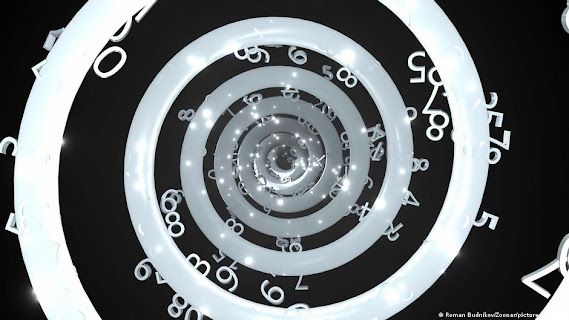"Time might not exist at any level": Amid the battle of the standard model against the quantum model of physics, some scientists believe that time might simply not exist in physics.
Does time exist? And if not, how do we explain our universe?
Although it sounds unthinkable to question the very fabric of our reality, as well as the framework on which we base our very existence, there is a new line of thought that suggests that the non-existence of time is, in fact, an open possibility that we must take seriously.
How is this possible?
As mathematical philosopher Sam Baron, an associate professor at Australian Catholic University, explains in an article published in The Conversation, to understand the concept, we need to take a radical view of what it means to exist.
For example, says Baron, the existence of chairs and tables, or people themselves, cannot be validated by any theory of physics, but we still accept that tables, chairs, and people exist. Why? Because we assume that these things exist at a higher level than described by physics, says Baron.
How can we suppose that it exists?
This is because they "emerge from an underlying physics of particles buzzing through the universe." Instead, the metaphysical expert professor continues, time cannot arise from anything fundamental in the universe. So we are still not clear how time came about, so how can we suppose that it exists?
"Unless we can find a good explanation of how time arises, it's not clear that we can simply assume that time exists," says Baron. "Time might not exist at any level," he adds.
"Crisis in Physics"
The basis for Baron's idea stems from the "crisis in physics," which, over the last century, has explained the universe with two physical theories: general relativity and quantum mechanics.
Quantum mechanics is the field of study that investigates how things behave in the incredibly tiny world of particles and the interactions between them, with qualities like superposition, where one particle can be in two or even "all" places. possible at the same time.
Ideas like quantum superposition conflict with general relativity, which itself describes the big picture of gravity and the motion of objects, and which has been integrated into the standard model of physics since Einstein articulated it. for the first time at the beginning of the 20th century.
Unify the two models of physics
Thus, despite the fact that both theories work very well on their own, they seem to be in constant conflict, which is why scientists, explains Baron, generally agree – although the issue is still widely debated – that both theories should be replaced by a new more general theory.
Previous attempts to bridge this gap include string theory – which proposes that the universe is made up of infinite vibrating strings, smaller than atoms, that have effects in several dimensions – or loop quantum gravity – which proposes that the fabric of space and time is made of a network of extremely small discrete loops – although both have fallen short, in their own way, of being able to unify the two models of physics.
Absence of time as a fundamental concept
Still, Baron writes, one of the remarkable aspects of loop quantum gravity is the curious absence of time as a fundamental concept of reality. In other words, the theory seems to eliminate time altogether. "Suppose that theory turns out to be correct. Does it follow that time does not exist?" asks Baron, approaching the question both mathematically and ontologically.
Thus, explains the philosopher, in the midst of the conflict in physics to find a new theory to explain the universe, we could very well contemplate that this new theory could not include time; a higher order hypothesis where time simply may not be a factor.
Too early to draw conclusions
Although this marriage between philosophy and physics is limited to theoretical assumptions and intellectual matter, the theory offers possible paths to new frontiers of understanding of the universe.
"While physics can eliminate time, it seems to leave causality intact: the sense in which one thing can cause another. Perhaps what physics is telling us, then, is that causality and not time is the basic characteristic of our Universe," says Baron, who adds that the eventual discovery may not have a direct impact on our lives anyway.
"Don't worry: even if time doesn't exist, our lives will go on as usual," says Baron.


